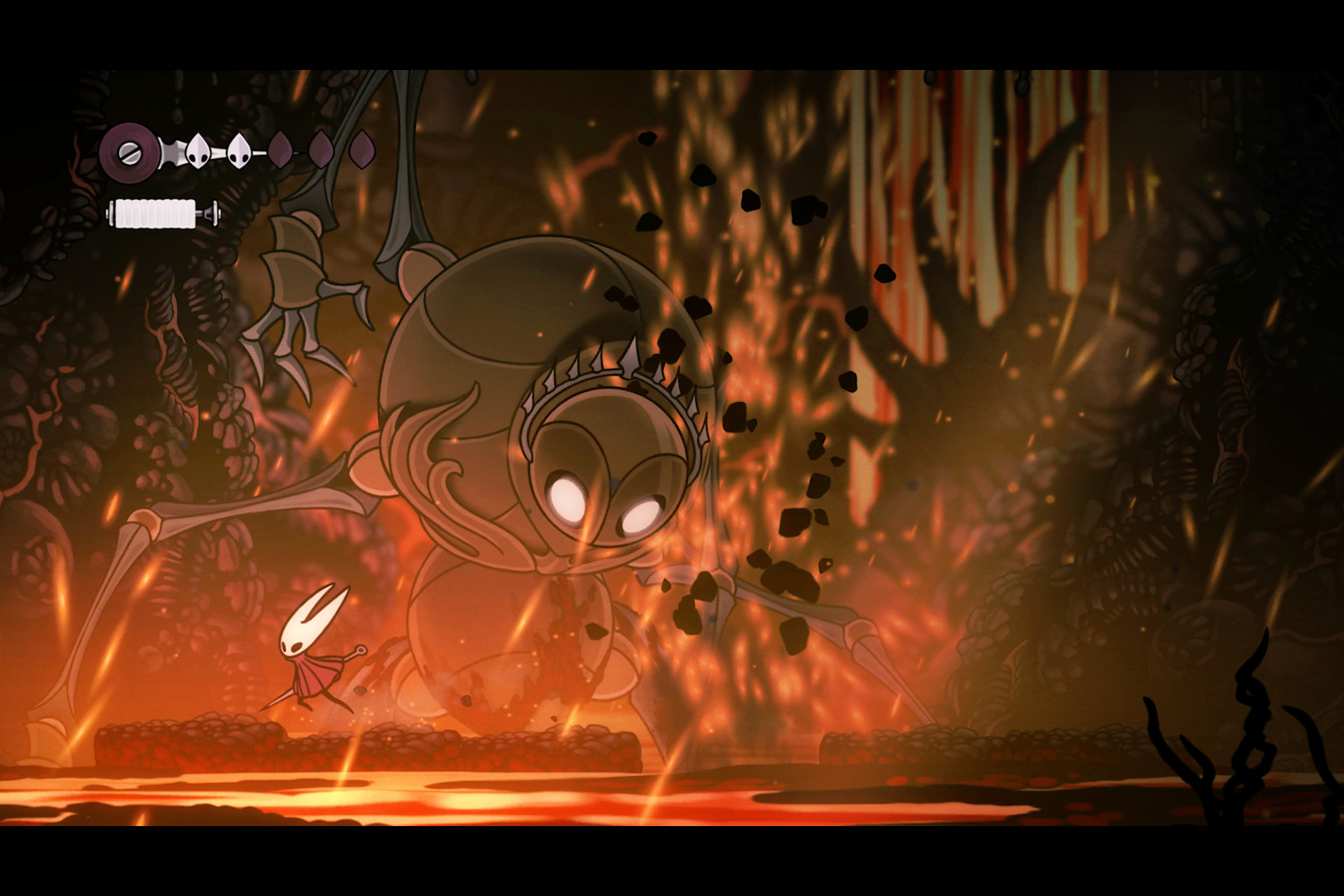A new drug usually starts with a tragedy.
Peter Ray knows that. Born in what is now Zimbabwe, the child of a mechanic and a radiology technician, Ray fled with his family to South Africa during the Zimbabwean War of Liberation. He remembers the journey there in 1980 in a convoy of armored cars. As the sun blazed down, a soldier taught 8-year-old Ray how to fire a machine gun. But his mother kept having to stop. She didn’t feel well.
Doctors in Cape Town diagnosed her with cancer. Ray remembers going to her radiation treatments with her, the hospital rooms, the colostomy bags. She loved the beach, loved to walk along the line where the water met the land. But it got harder for her to go. Sometimes she came home from the hospital for a while and it seemed like things would get better. Ray got his hopes up. Then things would fall apart again. Surgery, radiation, chemotherapy—the treatments that were on the table in the 1980s—were soon exhausted. As she lay dying, he promised her he was going to make a difference, somehow. He was 13 years old.
Ray studied to become a medicinal chemist, first in South Africa, taking out loans to fund his studies, then at the University of Liverpool. He worked at drug companies across the UK, on numerous projects. Now, at 53, he is one of the lead drug designers at a pharmaceutical company called Recursion. He thinks about that promise to his mom a lot. “It’s lived with me my whole life,” he says. “I need to get drugs on the market that impact cancer.”
The desire to stop your own tragedies from happening to someone else may be a strong motivator. But the process of drug discovery has always been grindingly, gruelingly slow. First, chemists like Ray zero in on their target—usually a protein, a long string of amino acids coiled and folded upon itself. They call up a model of it on their computer screen and watch it turn in a black void. They note the curves and declivities in its surface, places where a molecule, sailing through the darkness like a spaceship, could dock. Then, atom by atom, they try to build the spaceship.
Animation: Balarama Heller
When the new molecule is ready, the chemists pass it along to the biologists, who test it on living cells in warm rooms. More tragedy: Many cells die, for reasons that are not always clear. Biology is complex, and the new drug doesn’t work as expected. The chemists will have to create another, and another, tweaking, adjusting, often for years. One biologist, Keith Mikule of Insilico Medicine, told me of his experience at a different drug company. After five years of work, their best molecule had unforeseen, dangerous side effects that meant they could take it no further. “There was a large team of chemists, a large team of biologists, thousands of molecules made, and no real progress,” he said.
If a team is very lucky, they get a molecule that, in mice, does what it’s supposed to. They get a chance to give it to a small group of healthy human volunteers, a phase I trial. If the volunteers stay healthy, then they give it to more people, including those with the disease in question, in a phase II. If the sick people don’t get sicker, they get a chance—phase III—to give it to more sick people, as many as they can find, as diverse a group as possible.
At each stage, for reasons few people understand and fewer can predict, great rafts of drugs drop out. More than 90 percent of hopefuls fail along the way. When you meet drug hunters, you might ask them, cautiously, tenderly, if they’ve ever had a drug make it. “It’s very rare,” says Mikule, who has one drug (niraparib, for ovarian cancer) to his name. “We’re unicorns.”











